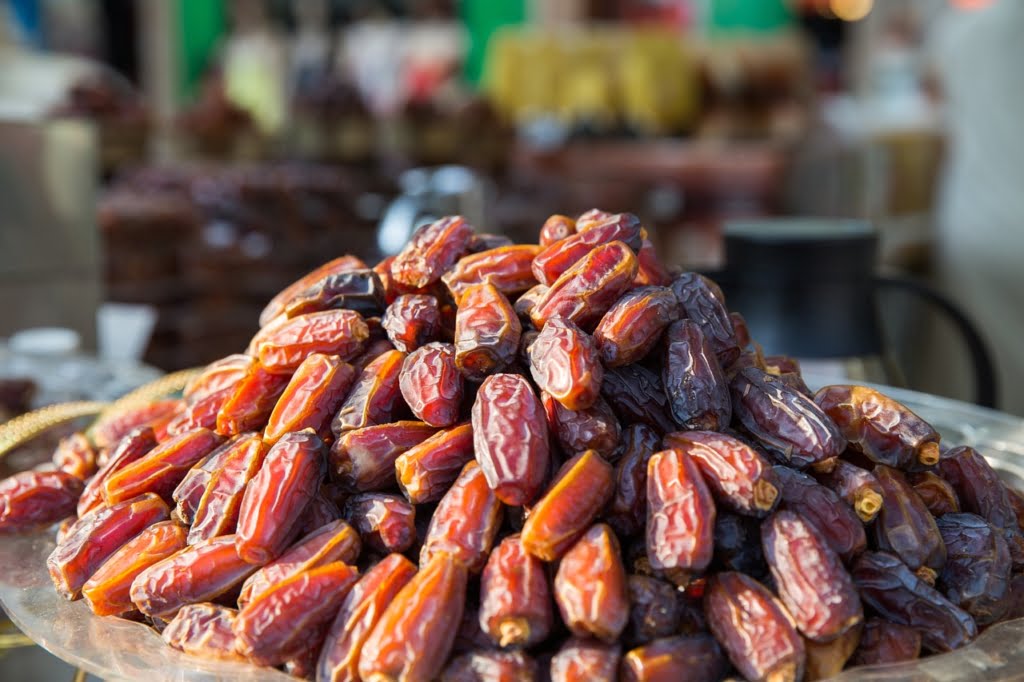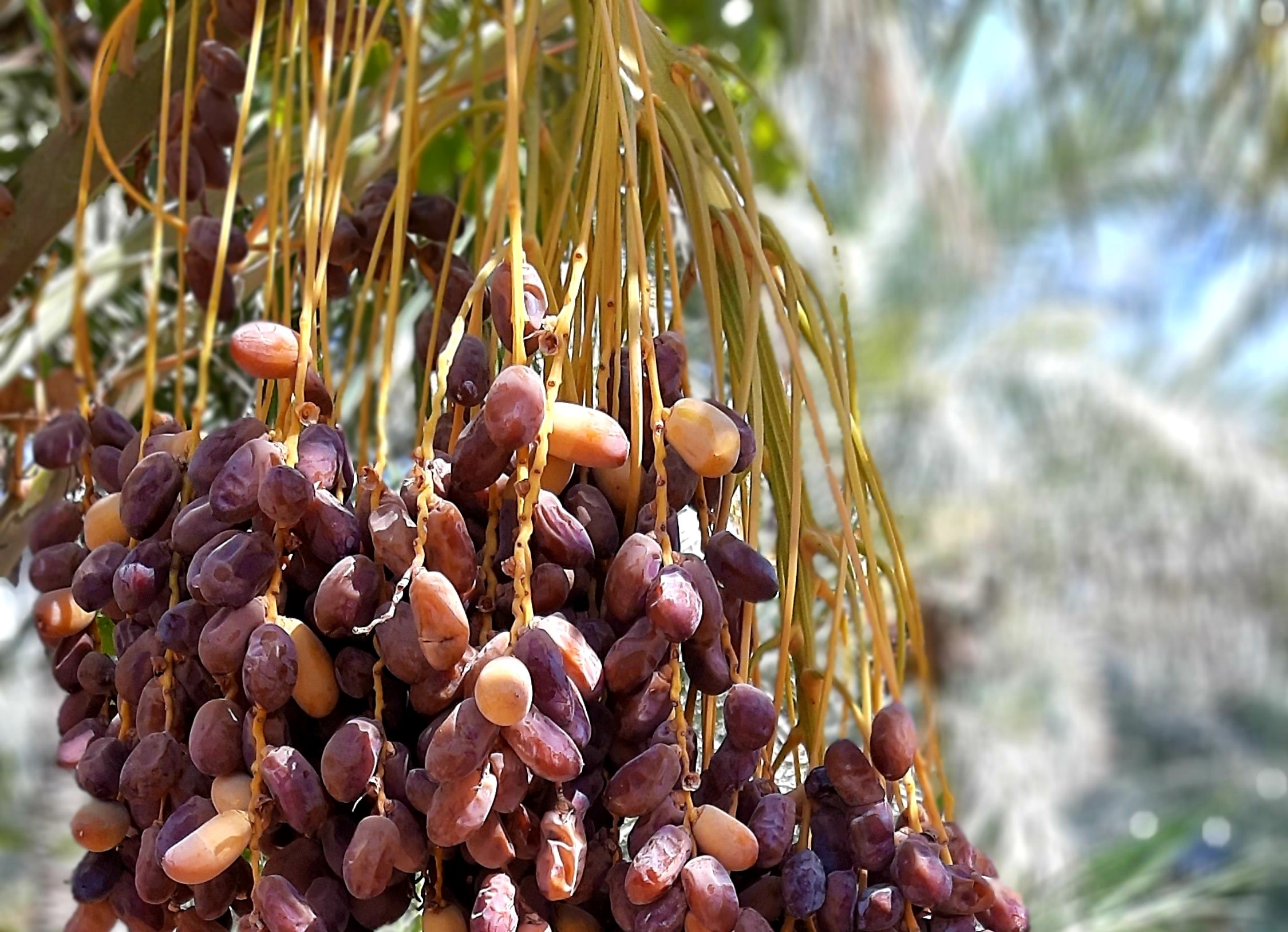In recent years, the global demand for organic food has surged, driven by growing health consciousness, environmental concerns, and ethical consumerism. Among the many organic products gaining popularity, organic dates stand out as a versatile, nutritious, and increasingly sought-after commodity. Traditionally cultivated in regions like the Middle East, North Africa, and South Asia, dates have long been a staple food in these areas. However, the organic variety of dates is now capturing attention worldwide. This article explores the trends fueling the rising demand for organic dates and the lucrative opportunities this presents for producers, exporters, and investors.
Overview of the Global Date Market
The global date market is flourishing, with estimates suggesting it will reach a market size of $13 billion by 2027. Dates, often dubbed “nature’s candy” due to their sweetness, are rich in essential nutrients such as fiber, potassium, magnesium, and antioxidants. Their health benefits, combined with their versatility in both sweet and savory dishes, have made them popular in cuisines around the world.
Organic dates, however, represent a premium segment of the date market. Produced without synthetic pesticides, fertilizers, or genetically modified organisms (GMOs), they appeal to consumers seeking healthier and more eco-friendly food choices. The growing preference for organic food is transforming the date industry and creating a new wave of opportunities for producers willing to meet organic certification standards.
Trends Driving the Demand for Organic Dates
- Rising Health Consciousness
Consumers worldwide are becoming more health-conscious, actively seeking out natural and minimally processed foods. Dates, which are often consumed as a natural sweetener, energy booster, or healthy snack, are increasingly favored over refined sugar and other artificial sweeteners. The demand for organic dates specifically stems from their perceived higher nutritional value and the assurance that they are free from chemical residues, making them an attractive choice for health-oriented buyers. - Growing Vegan and Plant-Based Diets
The rise of veganism and plant-based diets has significantly impacted food markets across the globe. Organic dates align with the values of this movement as they are a plant-based, whole food option that can serve as a substitute for processed sugar in many recipes. Dates are also widely used in vegan energy bars, smoothies, and desserts, further driving demand from health-conscious and environmentally aware consumers. - Increased Focus on Sustainability
With environmental issues like climate change and deforestation making headlines, more consumers are prioritizing sustainability in their purchasing decisions. Organic farming practices, which minimize the use of harmful chemicals and promote soil health, align with the goals of sustainable agriculture. Organic dates are seen as an eco-friendly alternative to conventionally grown crops, attracting environmentally conscious buyers and contributing to the growth of the organic food market. - Cultural and Religious Influence
Dates hold significant cultural and religious value, particularly in Islamic and Middle Eastern countries, where they are consumed in large quantities, especially during Ramadan. Organic dates are now being embraced not only for their nutritional benefits but also as a symbol of purity and wholesomeness. The premium aspect of organic dates has made them a favored choice for special occasions, religious events, and as a luxury food gift.

Market Opportunities for Organic Date Producers
- Expansion into New Markets
While the Middle East, North Africa, and South Asia have traditionally dominated date production and consumption, new markets in Europe, North America, and East Asia are showing increasing interest in organic dates. In regions like Europe and North America, where the organic food industry is expanding rapidly, organic dates have found a niche among health-conscious and eco-aware consumers. Producers who target these regions can capitalize on this growing demand by expanding their export operations. - Value-Added Products
Dates are not just consumed as a whole fruit; they are increasingly used in a variety of processed forms such as date syrup, date paste, energy bars, and even as a natural sweetener in food products like cereals and baked goods. Value-added organic date products offer an opportunity for producers to diversify their offerings and increase profitability. Consumers seeking organic, natural ingredients in their food products are more likely to choose items that include organic dates, making this an attractive area for innovation. - E-commerce and Direct-to-Consumer Sales
The rise of e-commerce platforms has made it easier than ever for producers to reach a global audience. Online marketplaces dedicated to organic food and direct-to-consumer sales channels allow producers to bypass intermediaries and offer organic dates directly to health-conscious consumers. This approach not only increases profit margins but also builds brand loyalty among consumers who appreciate transparency about sourcing and production practices. - Fair Trade and Ethical Certifications
Beyond organic certification, there is also increasing demand for dates that are ethically sourced, with fair wages for workers and sustainable farming practices. Producers who pursue additional certifications such as Fair Trade, Rainforest Alliance, or other ethical labels can further differentiate their products in the marketplace, appealing to socially conscious consumers willing to pay a premium for ethically produced food.
Challenges and Considerations
Despite the growing demand for organic dates, there are challenges that producers and exporters must consider. Organic farming requires stricter regulatory compliance, and achieving organic certification can be costly and time-consuming. Additionally, the shelf life of organic dates, like most organic products, may be shorter due to the absence of preservatives, which could impact distribution logistics.
Weather conditions also play a critical role in date farming, as extreme heat or water shortages in date-producing regions can impact yields and quality. However, advancements in irrigation technology and organic farming techniques offer promising solutions to these challenges.
Conclusion
The global demand for organic dates is on the rise, driven by health trends, sustainable food movements, and the increasing popularity of plant-based diets. Producers, exporters, and investors have a wealth of opportunities to capitalize on this expanding market, from tapping into new geographic regions to developing value-added products. While challenges remain, such as regulatory compliance and farming risks, the potential rewards for those who can successfully navigate this landscape are immense. The future of organic dates looks promising as consumers continue to prioritize health, sustainability, and ethical food choices.
Ajigofarms is a reliable global agricultural purchase sourcing with profound expertise in the manufacturing, and exportation of food crops. We are tested, and trusted suppliers of all kinds of cash crops and food crops. Our constant supply chain solution makes exporting easy, quick, and safe, we are identified with timeliness and meeting up with deadlines. Regardless of the region you are located in worldwide, you can reliably order your Agric products and be rest assured of successful delivery.




